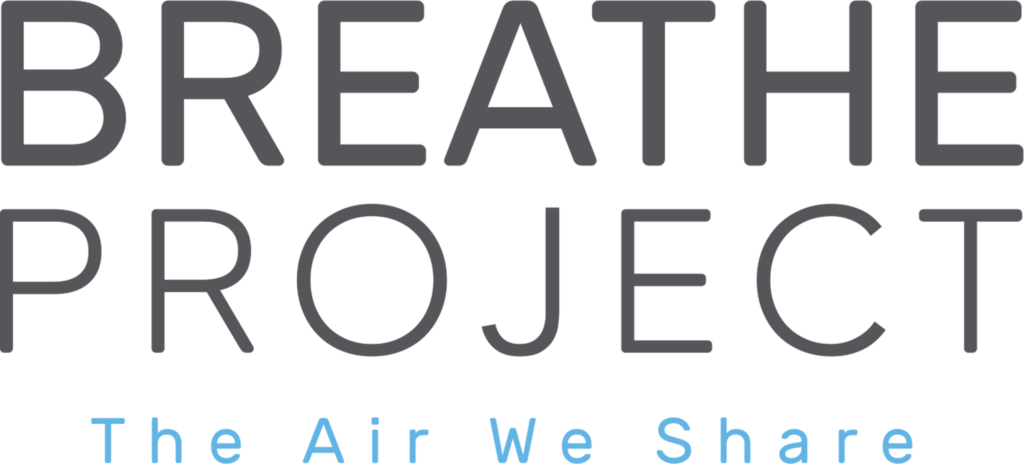By Rachel Meyer for Beaver County Voices for Change and BCMAC
In Beaver County, many of us are hunters, fishermen, gardeners, or farmers. We care about the land. We are also people who have suffered far too often with cancer and respiratory disease due to pollution. As we learn more about the impacts of the Shell cracker plant and its insidious buildout to provide it with the ethane it needs to churn out plastic pellets, there is reason to feel uneasy, disappointed, even betrayed.
We respect the energy resources of this region that have, in the past, supported our families’ and our towns’ economic well-being. We all long for the days when more of our main streets thrived. Not only is Shell not creating this for us, but they are leading us down a dead end path. We need sustainable jobs and jobs that are healthy for us and for the environment. This is not too much to ask. Jobs such as those in renewable energy, plastics alternatives, energy efficiency, environmental restoration, green building supplies, and electric vehicle manufacturing all hold a lot of promise for our region.
Instead, our elected officials have turned to jobs in the oil and gas industry that are not economically stable, that are dependent upon finite nonrenewable natural resources, and that make us sick. And for what?
Well, in a letter from the commissioners to Biden and Trump written before the election, the commissioners ask for support for the oil and gas industry in western PA touting family sustaining jobs, environmental benefits, and affordable energy.
Are these jobs family-sustaining when employees get sick from the pollution they are exposed to or when workers are laid off due to lack of demand and decreases in supply? This is not the best that we can do.
What about environmental benefits? Natural gas power plants may be cleaner than coal but this does not take into account all the methane leaked in the process of extracting and transporting that natural gas. And the pollution from the cracker plant will be worse than having a coal-fired power plant.
Furthermore, the air pollution from the plant will cause increases in respiratory and cardiovascular disease, cancer, endocrine disruption, and adverse birth outcomes. Then there’s the build out necessary to supply the plant with ethane. Fracking and all of the infrastructure needed to transport the ethane pollutes air and water and releases radioactivity from underground. We know that radon can get into our basements. We know that radioactive wastewater from fracking can get into our drinking water supplies. Now we know that, thanks to fracking, it is traveling on particles in our air. A recent study by Harvard scientists found that “radioactivity rose by 40% compared with the background level in the most affected sites. The increase will be higher for people living closer than 20km to the fracking sites, which was the closest distance that could be assessed with the available data.”
And saying that the industry is providing us with affordable energy? That is not where our natural gas is going. It’s going to the cracker plant to produce plastic. The Shell cracker plant has nothing to do with affordable energy and everything to do with wasteful plastics. The sprawling petrochemical hub it is designed to anchor is this industry’s self-serving parachute – fashioned for escaping the impending crash of fossil fuels and waving before Wall Street as we hurtle toward an irreversible tipping point in climate change. The industry manufactures plastics that pollute our land, water, and bodies while also contributing toxic and climate-changing pollutants in order to manufacture those plastics. The only true winners in this scenario are big business. Our communities deserve better.
The barely 20,000 jobs in Pennsylvania’s entire oil and gas industry are less than 1.2% of the jobs in healthcare, local and state government, and education that sustain our families. Meanwhile, no volume of industry cheerleading can drown out the market’s proclamation of a greening economic momentum. Wind and solar power purchase agreements are now often cheaper than natural gas, even including federal subsidies. Clean energy jobs, now at 97,000 statewide, grew four times faster than other sectors from 2017 to 2019, when our solar industry’s growth beat the national average. And clean jobs now outnumber fossil fuel jobs 2 to 1.
We can create so many more green jobs at a fraction of the cost in taxes that we’ve paid to subsidize Shell. Trade union training centers could be preparing our workers to be solar installers, building retrofitters, and energy-efficiency experts. Workers could be equipped with skills in sustainable manufacturing, agriculture, or transportation. Land reclamation, broadband expansion, grid modernization, or green chemistry could provide more jobs. And many opportunities do not require entirely new skills, just a different application such as carpentry, plumbing, and mechanical or electrical work. Anyone intrigued by these possibilities can visit Reimagine Jobs Showcase. As the Reimagine Jobs Showcase website says, “You do not have to choose between a family-sustaining job and a healthy environment.”
The petrochemical industry that so many of our elected officials have supported is ruled by one motivation: to reap huge profits, no matter the cost to our health, safety and welfare, or the dire cost to our children’s futures. We can continue to be manipulated, or we can make it clear to our national, state, and local leaders that we will no longer tolerate this manipulation and that we will not let them be manipulated either. We have much more exciting economic opportunities to build back our communities and put us on the path to a healthy future for all.

